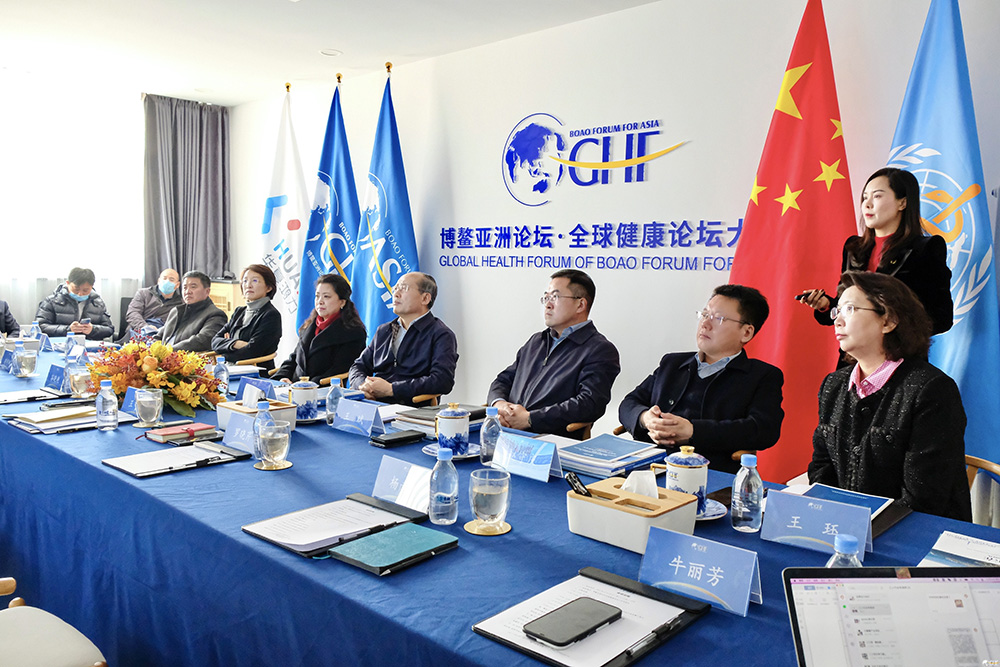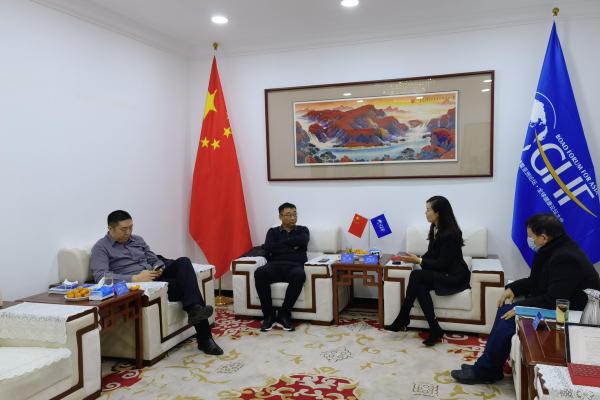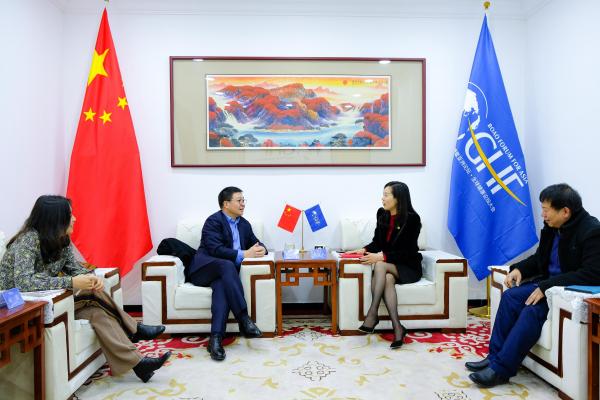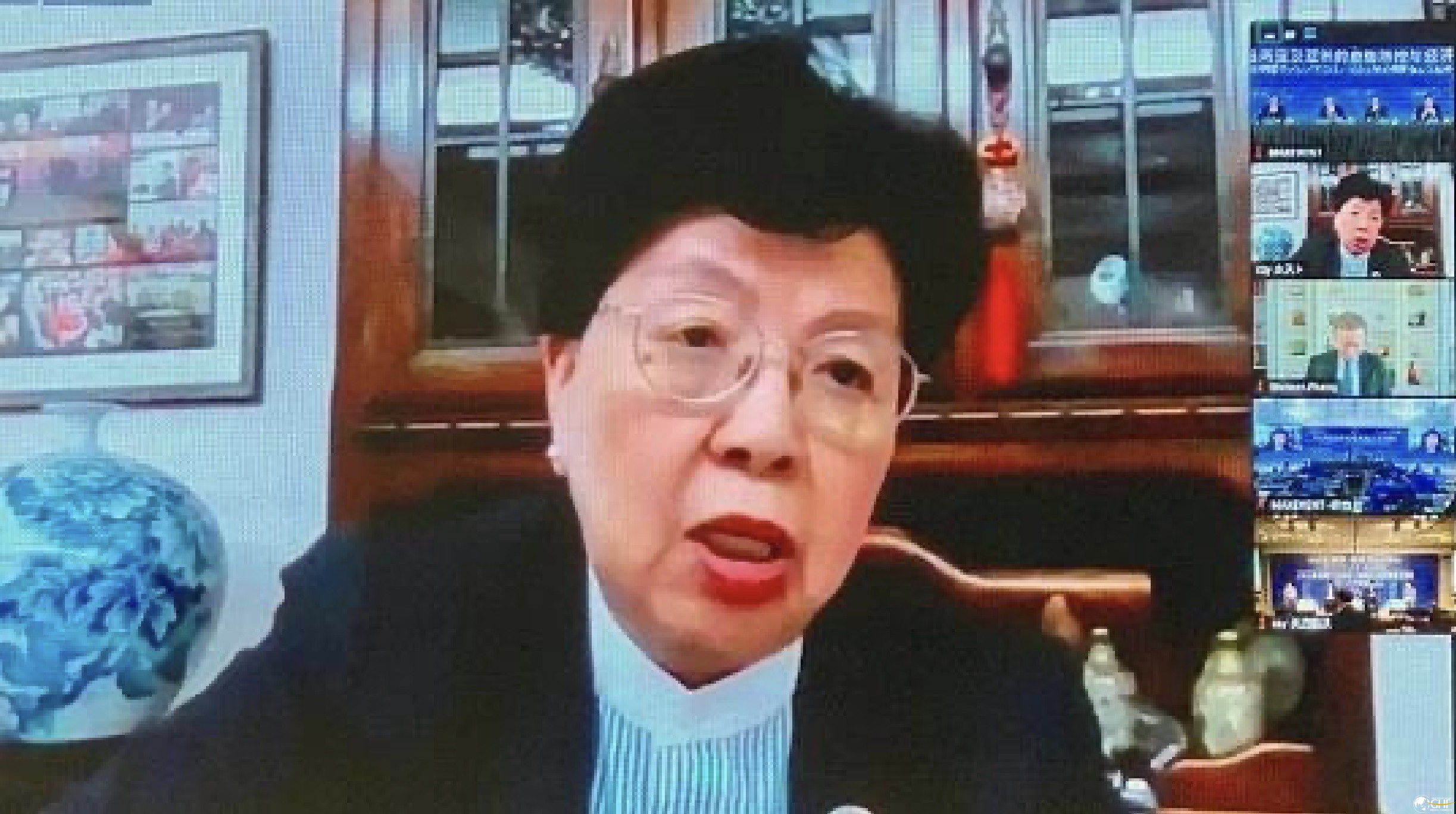
Definitely, WHO, like the United Nations and related agencies, must be reformed. But don't forget that all member states are the key to a functioning UN system. How effective the UN and WHO can be depends on how well its member states want these organizations to do.
First, we should attach great importance to the history of the human fight against infectious diseases. Unknown new infectious diseases are bound to strike again, and every country should be prepared to fight them.
Second, we should take different preventive and control measures at different stages of the epidemic. Humans have no experience in fighting unknown new infectious diseases. Each country must be involved in the fight against infectious diseases in accordance with its historical traditions and political system and in keeping pace with the times. I have stressed on various occasions that effective control of the epidemic is a prerequisite for economic recovery. Based on its own experience, China has developed a proven operational mechanism to restore its economy based on the regular epidemic prevention and control. When the vaccine is introduced, another set of prevention and control mechanisms will be adopted. If we cannot ensure that more than 70% of the population is vaccinated, there is no way to talk about the security of society as a whole.
Third, we should have a thorough knowledge of the characteristics of the virus. The essential characteristic of infectious diseases is their recurrence. Episodic cases are bound to occur, and the key is to respond to the rebound of the epidemic based on its own national conditions. The most important thing is not to rely on past experience to prevent and control Covid-19. Covid-19 is a completely new virus, and it is not feasible to use the experience of preventing and controlling the Ebola or SARS to fight this new coronavirus.
Fourth, we should have correct understanding of human rights issues. I have noticed that in the fight against the epidemic, most countries, except a small number of countries, have not used the laws related to public health well.
Here, I would like to share with you my experience in the prevention and control of SARS in Hong Kong in 2003. At that time, all hospitals in Hong Kong did not set up places to isolate infected people. When I was implementing a new isolation and control program, the first hurdle I encountered was "human rights". Apart from the Hong Kong government, the person I consulted most was the most experienced lawyer in Hong Kong in human rights. He told me clearly from a legal perspective that human rights are not unlimited, and that when the public interest is more important than individual rights, human rights had to temporarily take a back seat. In other words, if it is in the interest of public safety for the vast majority of people, then it is lawful to place short-term restrictions on individual rights. Fighting the epidemic requires both respect for human rights and the use of public health laws.
Finally, global cooperation is needed in the prevention and control of the epidemic. In the Covid-19 epidemic, the United Nations did a poor job in uniting all countries in the fight against the epidemic. Countries are cooperating only on a small scale. This is the worst approach for fighting the epidemic. Covid-19 just takes advantage of the differences in political systems and values between countries, and endangers people’s life and damaging the global economy. We must close the gap and expand small-scale regional cooperation to global cooperation step by step, and thus prevent the epidemic.
The World Health Organization is still a very important international platform for multilateral cooperation. Unfortunately, the Covid-19 epidemic and the WHO have both been politicized. We should consider why some countries are no longer involved in the coordination of WHO at a time all other countries must work together to fight the epidemic. It is unfair to criticize the WHO only but ignore the role of the UN. Some countries that should be stepping up to the plate are not doing their part to make the world a better place.

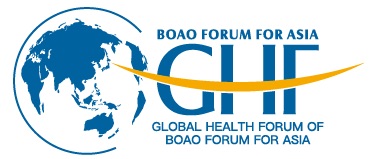

 Viewpoints
Viewpoints
 Partner application
Partner application Download
Download Hot News
Hot News
